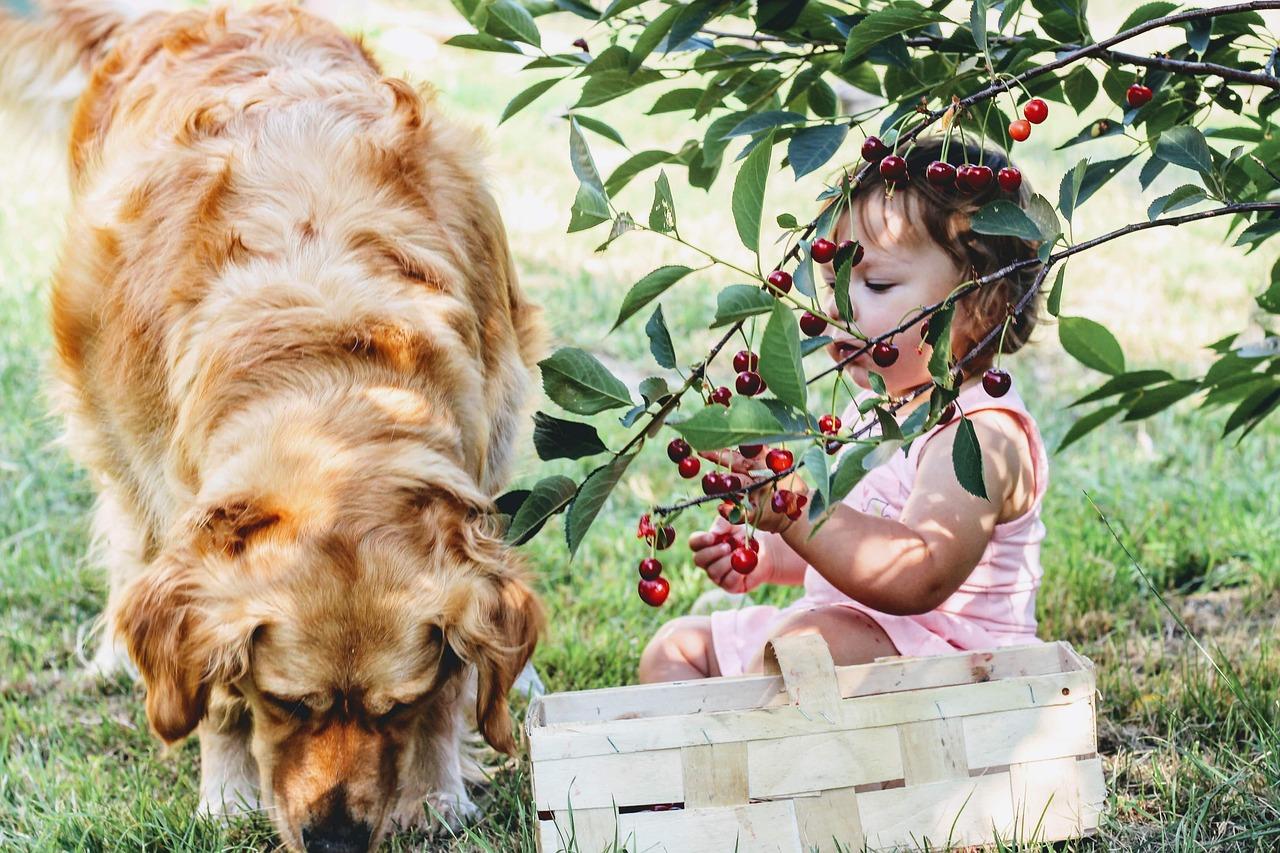Understanding Your Pet’s Nutritional Needs: The Foundation of Pet Care
Providing your furry friend with a healthy and safe diet is paramount to their overall well-being. This isn’t just about preventing illness; it’s about ensuring a long, happy, and energetic life. Choosing the right food and understanding your pet’s specific nutritional requirements are crucial aspects of responsible pet ownership. This guide will delve into the key elements of pet nutrition tips: a healthy and safe diet, offering practical advice to help you make informed choices for your beloved companion.
Choosing the Right Pet Food: Navigating the Aisle at Petco and Beyond
The pet food aisle can be overwhelming, with countless brands, formulas, and price points. However, understanding the basics can simplify your decision-making process significantly. Look for foods that list specific meat sources (like chicken, beef, or fish) as the primary ingredient, not unspecified “meat by-products.” High-quality pet foods prioritize whole foods and avoid excessive fillers like corn, wheat, and soy, which can be poorly digested by many pets.
Reading Pet Food Labels: Decoding the Ingredients
Always carefully read the ingredient list. Ingredients are listed in descending order by weight, so the first few ingredients represent the largest portion of the food. Look for clear and recognizable ingredients, and be wary of long lists of unpronounceable chemicals or artificial additives. A good quality pet food will clearly state the guaranteed analysis, providing information on protein, fat, fiber, and moisture content. This allows you to compare different brands and choose one that meets your pet’s specific needs.
For example, a senior dog might benefit from a food formulated with lower fat and higher fiber content to support joint health and digestion. A highly active breed, on the other hand, might require a higher protein diet to fuel its energy levels. Consult your veterinarian to determine the ideal protein and fat ratio for your pet’s age, breed, and activity level.
Considering Life Stages and Breed Specific Needs
Pet nutrition tips: a healthy and safe diet are significantly influenced by your pet’s life stage. Puppies and kittens require foods formulated with higher protein and fat to support their rapid growth. Adult pets need balanced nutrition to maintain their weight and energy levels. Senior pets, due to potential age-related health issues, may benefit from specialized foods designed to support joint health, digestive function, and cognitive health.
Breed-specific needs also play a crucial role. Giant breeds, for instance, are prone to joint problems, so choosing a food that supports joint health is crucial. Small breeds, with their faster metabolisms, may need a food with higher caloric density. Always consider your pet’s unique characteristics when selecting a food.

Supplements and Treats: Adding Value to Your Pet’s Diet
While a complete and balanced commercial pet food should provide most of your pet’s nutritional needs, supplements and treats can play a beneficial role. However, it’s crucial to use them judiciously and with veterinary guidance. Excessive supplementation can lead to imbalances and health problems.
The Role of Supplements
Supplements can address specific deficiencies or support particular health conditions. For example, glucosamine and chondroitin are often given to senior pets to support joint health. Omega-3 fatty acids can improve coat health and reduce inflammation. However, it’s vital to consult your veterinarian before adding any supplements to your pet’s diet to avoid potential interactions or adverse effects. Never self-diagnose and supplement without professional advice.
Treats: A Delicious Addition, But in Moderation
Treats can be a rewarding part of your pet’s life, but they should only make up a small percentage of their daily caloric intake (typically no more than 10%). Choose treats that are low in sugar, fat, and artificial ingredients. Many healthy options are available, such as freeze-dried meat, fruits (in moderation, and always check for safe options), and vegetable chews. Remember, treats should complement, not replace, a balanced diet.
Safe Food Practices: Avoiding Hazards in Your Pet’s Diet
Preventing food-related illnesses is a key aspect of pet care. Certain foods are toxic to pets, and even seemingly harmless foods can cause digestive upset if consumed in large quantities.
Foods to Avoid: A List of Potential Toxins
Chocolate, onions, garlic, grapes, raisins, xylitol (an artificial sweetener), macadamia nuts, and avocado are just a few examples of foods toxic to pets. Even small amounts of these foods can cause serious illness, even death. Keep these items out of your pet’s reach at all times. Additionally, be mindful of bones – cooked bones can splinter and cause internal damage.
Preventing Food-Related Illnesses
Always ensure your pet’s food and water bowls are clean. Wash bowls regularly with hot, soapy water. Avoid leaving food out for extended periods, particularly in warm weather, to prevent bacterial growth. If you suspect your pet has ingested something toxic, contact your veterinarian or an animal poison control center immediately. Quick action is crucial in such situations. This proactive approach is a vital part of responsible pet nutrition tips: a healthy and safe diet.
Monitoring Your Pet’s Health and Adjusting Their Diet
Regular monitoring is essential to ensure your pet’s diet is meeting their needs. Pay attention to their weight, energy levels, coat condition, and stool quality. Any significant changes in these areas could indicate a problem with their diet or underlying health issues.
Schedule regular check-ups with your veterinarian. Your vet can assess your pet’s overall health, monitor their weight, and provide guidance on appropriate nutrition. They can also help you identify any potential dietary needs based on your pet’s breed, age, and health status. Don’t hesitate to discuss any concerns you have about your pet’s diet with your veterinarian – they are your best resource for ensuring your furry friend receives the best possible care. Remember, proactive pet care is the key to a long and happy life for your companion.
Ready to elevate your pet’s health? Consult your veterinarian today to discuss a tailored nutrition plan and explore high-quality food options available at your local Petco or other reputable pet supply stores.

